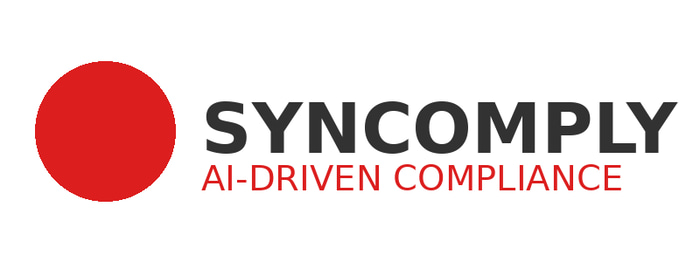AI-Powered Compliance Solutions for Financial Institutions
Discover our advanced regulatory compliance software and AI-powered compliance solutions. Streamline your automated KYC onboarding and enhance your compliance workflow with our cutting-edge technology designed for financial institutions.
Syncomply.com Editorial Team
4/6/20252 min read


In today's rapidly evolving technological landscape, agentic artificial intelligence (AI) is emerging as a transformative force across various industries. Unlike traditional AI systems that operate within predefined parameters, agentic AI possesses the autonomy to make decisions and execute tasks without direct human intervention. This heightened level of independence offers remarkable opportunities for efficiency and innovation but also introduces significant challenges, particularly in the realm of compliance.
Understanding Agentic AI
Agentic AI refers to systems capable of autonomous action, making decisions based on real-time data and learned experiences. These systems can adapt to new situations, optimize processes, and perform complex tasks that traditionally required human judgment. For instance, in the financial sector, agentic AI can manage portfolios, detect fraudulent activities, and ensure regulatory compliance with minimal human oversight.
Compliance Challenges in the Age of Agentic AI
The autonomy of agentic AI systems presents unique compliance challenges. Ensuring that these systems adhere to legal and ethical standards requires robust governance frameworks. The European Union's Artificial Intelligence Act, effective from August 2024, classifies AI systems based on risk levels and imposes stringent requirements on high-risk applications. Agentic AI systems, due to their autonomous nature, often fall into the high-risk category, necessitating comprehensive compliance measures.
Strategies for Ensuring Compliance
1. Robust AI Governance: Implementing a governance framework that includes continuous monitoring, auditing, and updating of AI systems is crucial. This ensures that agentic AI operates within legal boundaries and aligns with organizational values.
2. Transparency and Explainability: Developing AI systems with transparent decision-making processes allows stakeholders to understand and trust AI-driven outcomes. This is particularly important in sectors like finance and healthcare, where decisions have significant implications.
3. Human-in-the-Loop Mechanisms: Incorporating human oversight in critical decision points ensures that AI actions are reviewed, especially in complex or sensitive situations. This hybrid approach balances AI efficiency with human judgment.
4. Regular Compliance Training: Providing ongoing training for employees on AI capabilities, limitations, and compliance requirements fosters a culture of accountability and awareness.
The Path Forward
As agentic AI continues to integrate into various sectors, organizations must proactively address compliance challenges to harness its full potential responsibly. By establishing comprehensive governance frameworks, emphasizing transparency, and maintaining human oversight, businesses can navigate the complexities of agentic AI. This approach not only mitigates risks but also positions organizations to leverage AI innovations effectively and ethically.
In conclusion, while agentic AI offers unprecedented opportunities for advancement, it also necessitates a reevaluation of existing compliance strategies. Organizations that prioritize robust AI governance and ethical considerations will be better equipped to thrive in this new era of t echnological autonomy.


